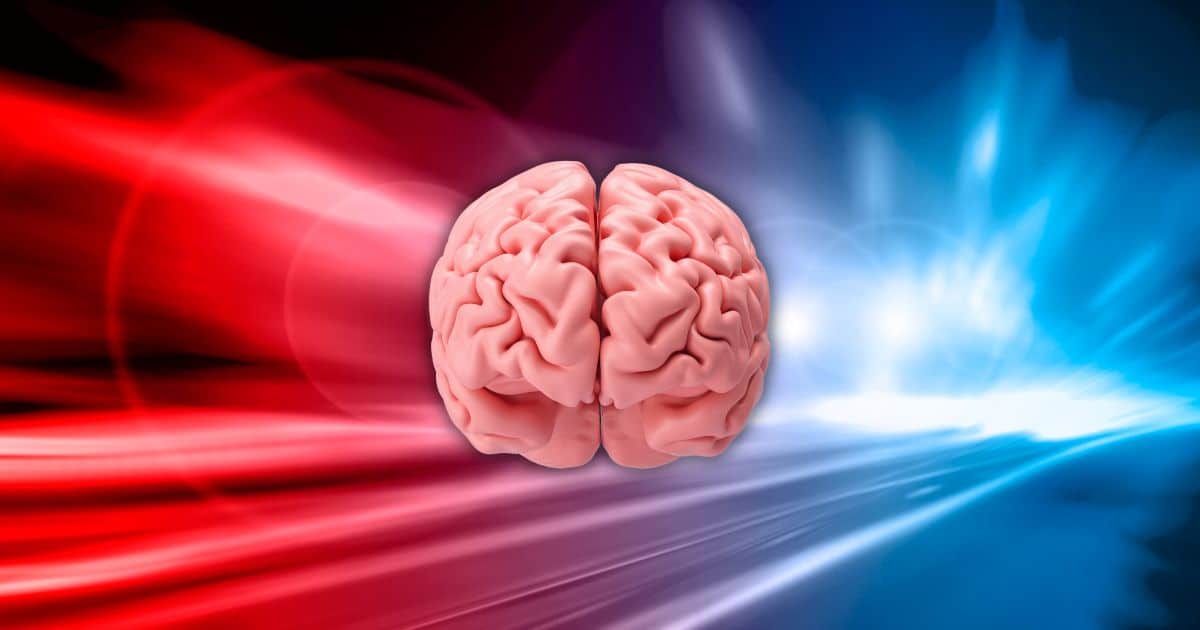Apr. 07, 2015
Today’s blog is written by Stacey Lim, Au.D., Ph.D., CCC-A. Dr. Lim, a licensed audiologist, is an assistant professor of audiology at Central Michigan University. She was identified with hearing loss at the age of 10 months and was fitted with her first pair of hearing aids a month later. She received a cochlear implant at the age of 18. After






